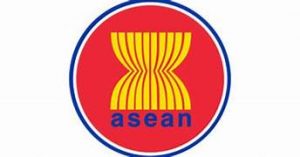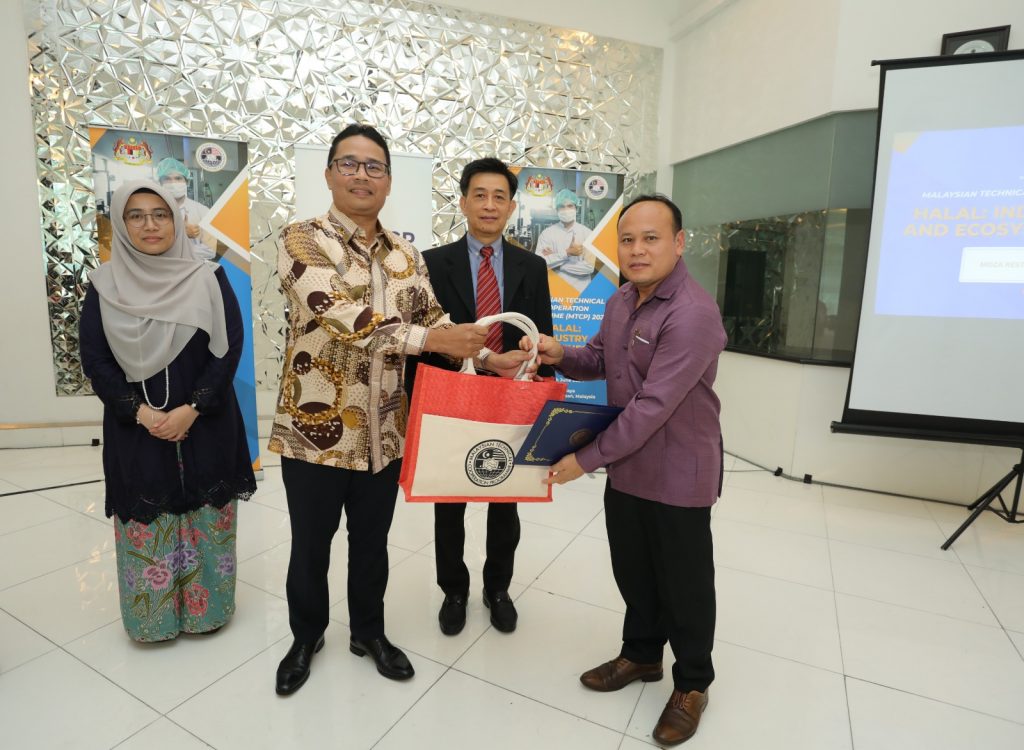Posted by ASEAN Briefing Written by Hardy Salim
 In May 2024, the Indonesian government postponed the halal certification requirement for Micro, Small, and Medium Enterprises (MSMEs) following a limited cabinet meeting chaired by the sitting President and relevant ministers.
In May 2024, the Indonesian government postponed the halal certification requirement for Micro, Small, and Medium Enterprises (MSMEs) following a limited cabinet meeting chaired by the sitting President and relevant ministers.
The decision extended the deadline for MSMEs to obtain halal certification from October 1, 2024, to October 17, 2026, citing the lack of readiness among MSMEs to comply with the regulation. This change was subsequently formalized (along with other changes) through Government Regulation No. 42 of 2024 on the Implementation of Halal Products Assurance (GR 42/2024), which revoked the earlier Government Regulation No. 39 of 2021 (GR 39/2021).
GR 42/2024 introduces several new provisions and amends existing ones under GR 39/2021, including but not limited to the extension of the halal certification deadline for food and beverage products and ingredients, as well as products resulting from slaughter and slaughtering services, adjustments to the validity period of halal certificates, recognition of foreign halal certifications, and clarification of various obligations imposed on businesses and Halal Inspection Agencies.
Halal certification deadline
Previously in GR 39/2021, the Indonesian government set a uniform deadline of 17 October 2024 for halal certification of food and beverage products, ingredients, and services related to slaughter, regardless of the business scale. However, GR 42/2024 introduces a revised deadline structure as follows:
| Business Scales/ Categories | Deadline |
| Medium and Large Enterprises | October 17, 2024 |
| Micro and Small Enterprises | October 17, 2026 |
| Foreign Products/ Services | To be determined by the Minister of Religious Affairs |
For non-food and beverage products subject to halal certification, the deadlines remain as set in GR 39/2021:
| Business Scales/ Categories | Halal Certification Period |
| Health supplements and traditional medicine | October 17, 2021 – October 17, 2026 |
| Over-the-counter medicine | October 17, 2021 – October 17, 2029 |
| Drugs excluding psychotropics | October 17, 2021 – October 17, 2034 |
| Cosmetics, generally modified products, chemical products | October 17, 2021 – October 17, 2026 |
| Clothing, headgear | October 17, 2021 – October 17, 2026 |
| Household health supplies, office supplies, household appliances | October 17, 2021 – October 17, 2026 |
| Medical devices classified as risk class A | October 17, 2021 – October 17, 2026 |
| Medical devices classified as risk class B | October 17, 2021 – October 17, 2029 |
| Medical devices classified as risk class C | October 17, 2021 – October 17, 2034 |
Halal certification: Period and renewal
The Indonesian government previously stipulated that halal certificates issued by the Indonesia Halal Product Assurance Organizing Body (BPJPH) would be valid for 4 years under GR 39/2021, with renewal applications required at least 3 months before the expiration date.
Under GR 42/2024, however, halal certificates issued by BPJPH now have permanent validity, provided there are no changes to the material composition or the halal product process (PPH). Consequently, there is no need for a renewal process unless there are alterations in the product. If any changes are made to the material composition, PPH, or product development, businesses must update their halal certificate by submitting an application to the BPJPH with supporting documents.
Halal certification of foreign products
GR 42/2024 introduces provisions that clarify the halal certification process for foreign products. Businesses seeking halal certification for foreign products must apply through their importer or an authorized representative domiciled in Indonesia. The application is required under certain conditions, including the following:
- The country of origin does not have a foreign halal institution;
- The foreign halal institution has a mutual recognition agreement but lacks the competence to certify the relevant product;
- No cooperation or mutual recognition agreement exists between the foreign halal institution and the Indonesian Halal Authority (BPJPH); or
- The business seeks certification voluntarily.
If the foreign product has already been certified halal in its country of origin by a recognized foreign halal institution with a mutual recognition agreement with BPJPH, the business is not required to apply for halal certification in Indonesia. However, the foreign halal certificate must be registered before the product can be distributed in Indonesia. The registration follows the procedure outlined in GR 39/2021, and the certificate’s validity will align with the foreign halal certificate’s period.
Additionally, GR 42/2024 alters the deadline for renewing the foreign halal registration certificate from 90 days (as stipulated under GR 39/2021) to 60 days before its expiration.
New obligations for businesses
GR 42/2024 introduces additional obligations for businesses that have obtained halal certification, supplementing the requirements already stipulated under GR 39/2021. These new obligations include:
- Affixing a halal label to products that have been certified halal;
- Maintaining the halal integrity of products that have received halal certification;
- Separating locations, facilities, and tools used for slaughter, processing, storage, packaging, distribution, sale, and presentation between halal and non-halal products;
- Renewing the Halal Certificate if there is a change in ingredient composition and/or the PPH; and
- Reporting any changes in material composition and/or PPH to BPJPH.
Businesses are required to maintain the halal integrity of their products by obtaining a Product Halal Consistency Certificate, which is issued following an evaluation of their Halal Product Assurance System (SJPH). This evaluation must be conducted every four years. For micro and small enterprises, the evaluation will be based on a risk analysis.
Failure to comply with these additional obligations and other provisions under GR 42/2024 may result in administrative sanctions, including written reprimands, administrative fines, revocation of the halal certificate, or withdrawal of distributed products.
Key takeaways
GR 42/2024 primarily extends the compliance deadline for obtaining halal certification for food, beverage products, ingredients, and slaughter-related services, specifically for micro and small enterprises and foreign products. The deadline for medium and large enterprises remains unchanged on 17 October 2024, meaning these businesses must comply with the mandatory halal certification to avoid administrative sanctions.
Furthermore, businesses should be mindful of the additional requirements and obligations introduced under GR 42/2024 to ensure full compliance with the updated regulations.



